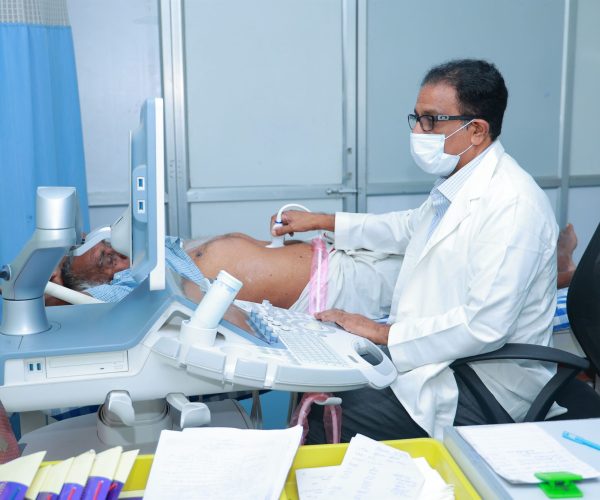B.Sc – Radiology & Imaging Technology
Overview

Radiology and Imaging Technology is a vital field within medicine, focusing on the use of various imaging techniques to diagnose and treat diseases. It encompasses a broad spectrum of technologies and methodologies aimed at visualizing the internal structures of the body. These include X-rays, CT scans, MRI, ultrasound, nuclear medicine imaging, and PET scans.The primary purpose of radiology is diagnostic, helping physicians detect and understand conditions ranging from fractures and tumors to internal injuries and diseases. Each imaging modality has specific strengths and is chosen based on the clinical questions and the part of the body being examined.In addition to diagnosis, radiology also plays a significant role in therapeutic procedures. Techniques such as image-guided biopsies, radiofrequency ablation, and targeted cancer treatments rely on imaging for precise localization and monitoring.Safety is paramount in radiology, with strict protocols in place to minimize radiation exposure during procedures involving ionizing radiation. Radiology technologists and radiologists undergo specialized training to ensure patient safety while obtaining necessary diagnostic information.A Bachelor of Science in Radiology & Imaging Technology is a specialized program within the field of medical sciences. It focuses on using various imaging techniques to diagnose and treat medical conditions. These techniques include X-rays, CT scans, MRI, ultrasound, nuclear medicine imaging, and PET scans.The field of radiology and imaging technology continues to evolve with advancements in technology and techniques.
Curriculum
|
S. No |
I Year |
II Year |
III Year |
INTERNSHIP |
|---|---|---|---|---|
|
1 |
Anatomy |
Microbiology |
Sterilisation Procedures |
|
|
2 |
Physiology |
Medicine &Medical Ethics |
Principles of Anaesthesia -II |
12 months of Clinical Training |
|
3 |
Biochemistry |
Principles of Anaesthesia -I |
Clinical Training |
|
|
4 |
Pathology |
Pharmacology |
|
|
|
5 |
English Basics of Computer Clinical Training |
Clinical Training |
|
|
Eligibility
Eligibility for Admission
- Candidates belonging to all categories for admission to the Allied Health Sciences should have passed the qualifying examinations after period of 12 years of study with English, Physics, Chemistry, Biology / Botany & Zoology with minimum 65% marks in each subjects (Academic / Vocational Stream).
Career Prospects
Career Prospects
Hospitals are the primary recruiters of operation theatre and anaesthesia technologists. They work in the operating theatres and emergency departments of hospitals and nursing homes.Openings are available in the areas of transplant units, orthopaedic clinics, gynaecology units, cancer units, surgery, special care baby units etc. and also in the field of research, education and training. They are appointed in the workplaces of physicians or dentists who perform outpatient surgery.
They are appointed in the following area:
- Managing Operation Theatre equipment’s
- Planning, Management and Sterility of the Operation Theatre premises
- Suction, gas system operation and inhalational agent’s usage
- Apart from the operation theatre they are employed in Emergency, Intensive Care and Surgical Units



